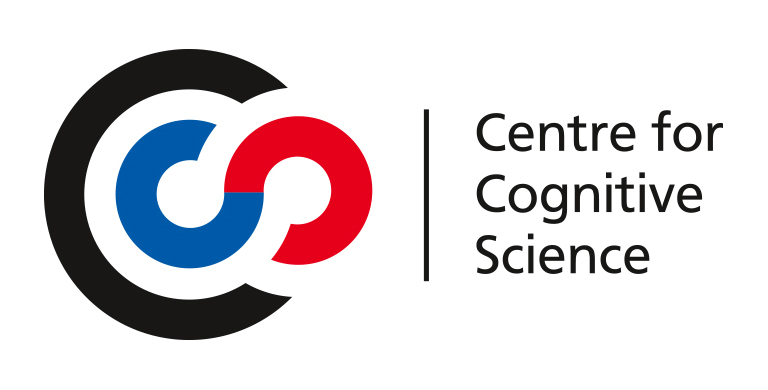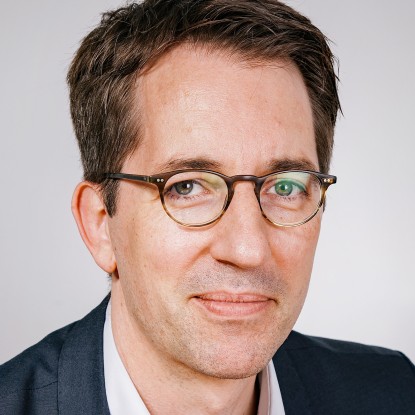Felt Truth Trumps Evidence: Barriers to Factual Consensus and Informed Decision-Making
Speaker: Wolfgang Gaissmaier, University of Konstanz
2026/02/11 15:20-17:00
Location: Building S1|15 Room 133
Abstract:
Public perception of scientific facts is often polarized, difficult to predict, and misaligned with the scientific consensus. Alleged health risks from genetically modified foods or mobile phone radiation, for example, continue to trigger strong public reactions, while poor diet or a sedentary lifestyle cause little concern—even though science considers the latter to be far more dangerous. Emotions are a major factor behind the misalignment between perceived risks and scientific assessments, and I will illustrate how emotional states can fuel maladaptive risk behaviors—for example, the reduced use of condoms under sexual arousal. Another major issue is that many people do not understand the relevant statistical evidence. Both professionals and laypeople can be misled by statistics that are technically correct but presented in manipulative ways. Yet the problem runs deeper. Even when the evidence is clear and understood, our society lacks a culture of evidence—even among the highly educated: people reject scientific facts when these clash with their convictions, whether rooted in political ideology, conspiracy thinking, or religious beliefs. Basic misunderstandings of randomness and causality further fuel superstition. Finally, the interpretation of scientific facts is also shaped by social processes that amplify such misunderstandings and foster polarization. Polarization regarding the acceptance of scientific facts—such as whether climate change is predominantly human-made—poses a serious obstacle to implementing political measures, and it is even more pronounced among legislators than in the general population. What can be done? Some of these barriers can be reduced through education in statistical thinking and transparent presentation of statistical information. But this alone is not enough. Ultimately, we need a shared societal consensus on the meaning and interpretation of science, and we need the courage to base decisions on evidence rather than on authority or superstition.


